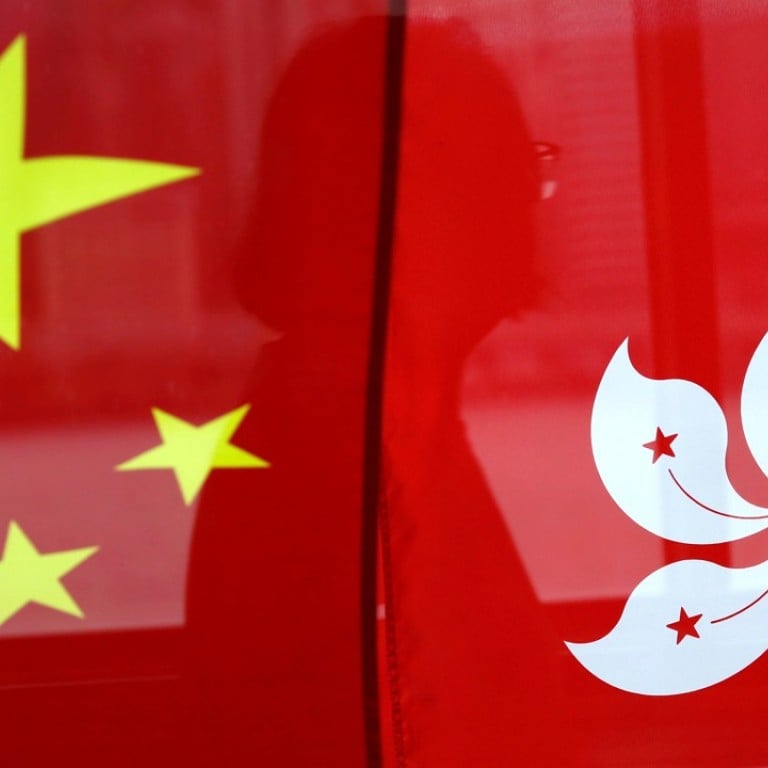
Hongkongers living in mainland China still feel like second class citizens despite new policies
Policies announced last month to provide Hong Kong residents working in Chinese cities with the same privileges as their mainland counterparts appear to have fallen short
Norton Tseung Yik-wong was exasperated as he read through the new policies rolled out by Beijing that were supposed to make life in mainland China easier for people like him.
Tseung, 29, a Hongkonger and father of a toddler, has lived in Beijing for the past seven years working for a venture capital company. While the promise of a free public education for his daughter and a streamlined system for entering and leaving mainland China were appealing, Tseung was disappointed that insurance plans offered to non-mainlanders did not include private hospitals and that non-mainlanders were restricted from buying real estate.
“I don’t want privileges, only the same treatment as mainlanders,” said Tseung.
The recent suite of policies announced last month to address dozens of issues affecting Hong Kong residents working in Chinese cities to provide them with the same privileges as their mainland counterparts appears to have fallen short.
Despite articles in state media that quote young people from Hong Kong, Macau and Taiwan praising the policies Tseung, and other Hongkongers living in the mainland told the Post they still feel like second-class citizens.
“I spent three months but still could not register a company in Xinjiang as a Hongkonger while it took only three weeks for one of my mainland relatives,” said Adam Wong Hung-for, 33, who runs two companies in Beijing.
Tomy Chan Joon-sheng, a Hong Kong businessman who founded the Beijing-based bicycle accessory start-up Bikiros, said he and his fellow colleagues were treated like outsiders.
“We Hong Kong businessmen are still considered ‘foreign capitalists’ in mainland, which means more red-tape and higher operational costs. It is difficult for us to access a full range of financial services, such as applying for a credit card.”
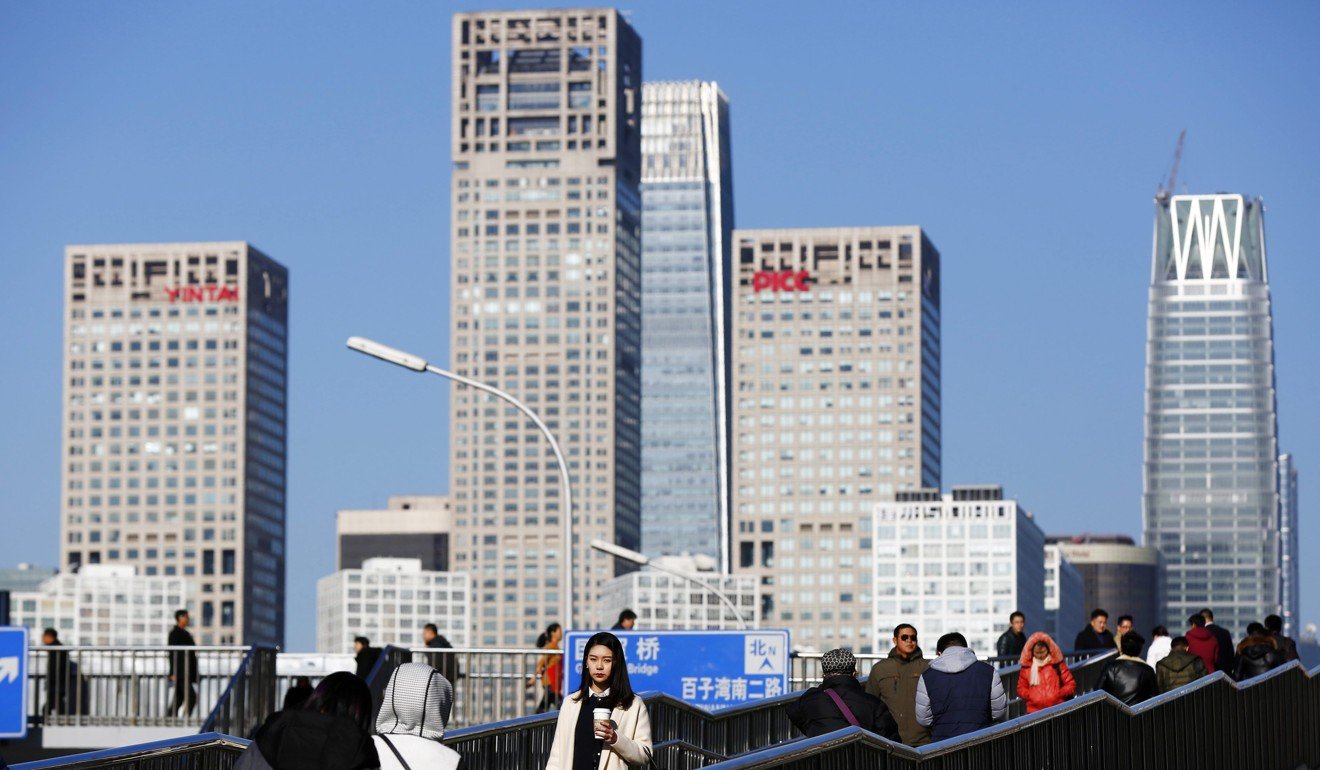
One of the main complaints of Hongkongers in mainland China is the limited recognition of their home-return permits.
Issued by mainland Chinese authorities, the home-return permit is crucial for citizens who live in a Special Administrative Region (SAR) to travel to, or live in, mainland China.
However, the nine- or 11-digit code that accompanies the permit is not widely recognised by public and commercial service systems, which were designed for the 18-digit code found on a mainlander’s identity card.
This can be especially frustrating when dealing with banks. Tseung said bank tellers were mystified when he showed them his identity card.
“Some bank tellers had not even seen a home-return permit before I showed them,” he said, adding that he could not apply for housing loans.
Christina Chan Ka-yan, 24, who moved to Shenzhen in July to work for a real estate development company, said problems with her home-return permit were also outside the financial sector.
“I am barred from certain APPs of group buying with my home-return permit,” she said.
Tseung said mainland authorities should allow Hongkongers who have worked and paid taxes in the mainland for a years to apply for a national ID card with 18-digit code. That would at least remove the technical barrier, he said.
That idea, which was echoed in a recent policy proposal by the largest pro-Beijing political party in Hong Kong, drew concern from academics who said issuing national ID cards to people from Hong Kong, Macau and Taiwan could force them to forfeit passports.
Li Xiyuan, a professor of the Hong Kong, Macau and Pearl River Delta Studies Centre at the Sun Yat-sen University, said the idea of national ID card for people with Hong Kong residency could spark controversy.
China does not recognise dual residency. People from Hong Kong, Macau and Taiwan who apply for mainland resident ID cards must give up residency rights to their homeland to obtain household registration, or hukou – the permanent mainland residency. Residency must be established before a mainland ID is issued.
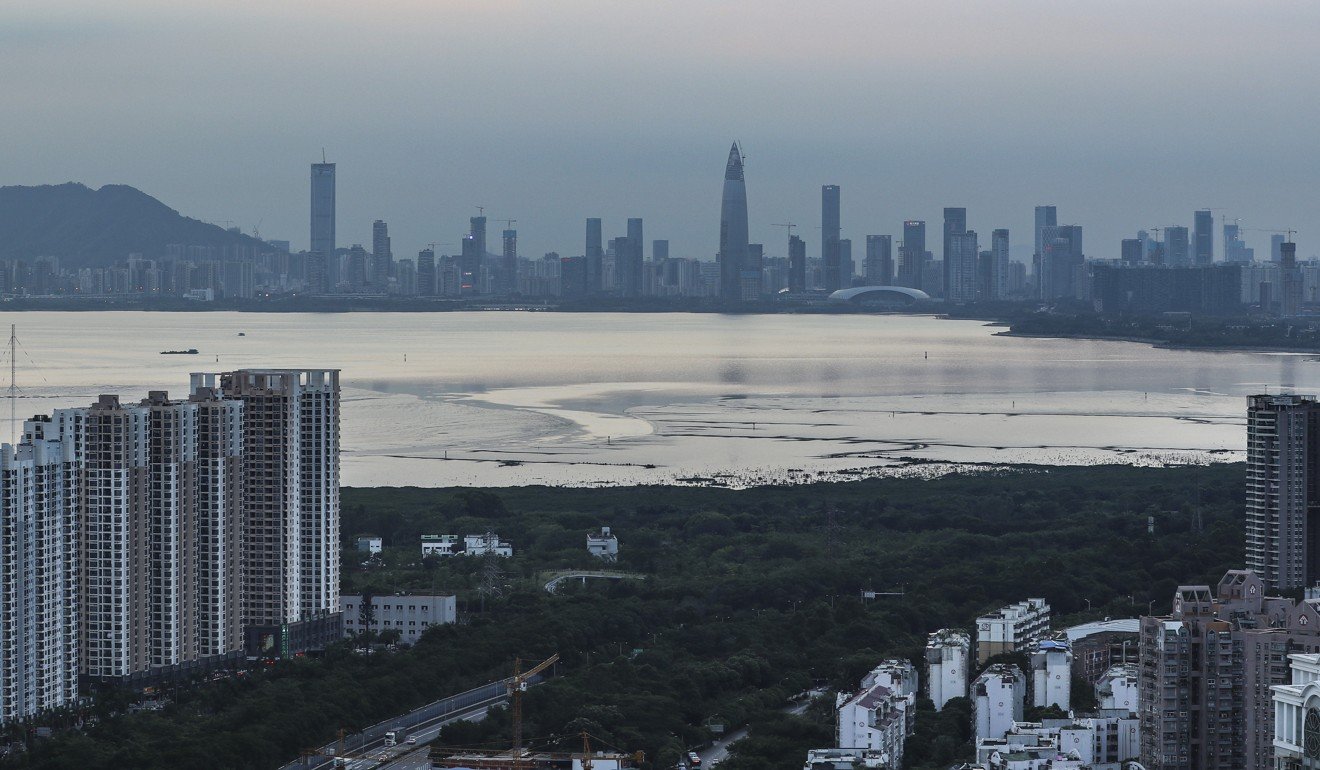
Even if applicants were allowed to retain their residency in a SAR, could, “for example, some Hongkongers refuse to give up their foreign passports be given the cards, if China does not amend its constitution?” said Li, who is a policy adviser for the asked the Guangzhou government.
Further complicating matters is the Byzantine levels of bureaucracy one must pass to obtain a hukou. The process is similar to immigration because social benefits are tied to hukou so each city has its set of rules to maintain control over local resources.
“Therefore what will the national ID cards mean for the Hong Kong and Macau holders? Even for mainlanders, the rights and services they can enjoy with their IDs vary from place to place, for example, a Guangzhou ID holder may not be allowed to buy a flat in Beijing,” said Li.
Some analysts said the national ID cards could be separate from hukou, creating a way to prevent the politically charged issues of nationality out of the process.
Henry Ho Kin-chung, organiser of the One Country Two Systems Youth Forum, a Hong Kong think tank, said the national ID cards should be voluntary and carry an expiry date.
While Terence Lin Chiu-fai, a researcher of the Beijing Institute of Hong Kong and Macau Scholars, said that SAR residents living in mainland for a year or longer should be required to apply for the national ID cards instead of separate permits for working and living.
“It’s similar to the non-permanent ID cards issued by the Hong Kong government to mainland students studying in the SAR,” said Lin.
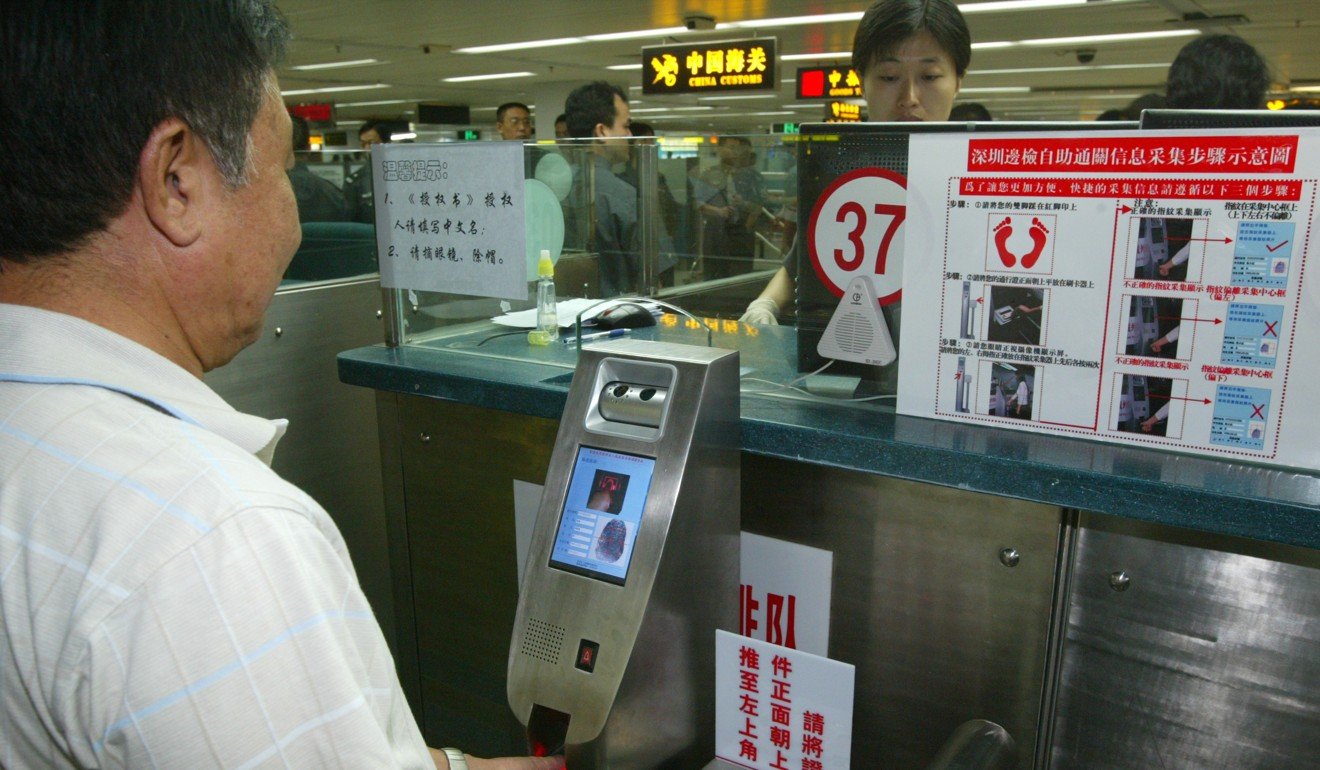
In such cases, he said, mainland students can enjoy equal access to public and commercial services in Hong Kong without giving up their mainland IDs.
Non-permanent residents in Hong Kong are not allowed to hold public office, which is the same for non-mainlanders in mainland China.
However, the idea that non-mainlanders could receive the full rights of mainlanders without some sort of sacrifice seems unlikely to happen any time soon. If the national ID card would grant a Hongkonger full rights as a mainlander, “it will be a huge political change and will not be realised any time soon,” said Shen Jianfa, chairman of the Geography and Resources Management Department of the Chinese University of Hong Kong.
Peter Cheung Tsan-yin, director of the Master of Public Administration programme at the University of Hong Kong, said some mainlanders might think such an arrangement was too skewed towards Hong Kong. That could engender animosity as mainlanders who seek permanent residency in Hong Kong are required by the mainland authority to give up their household registrations and mainland ID cards, he said.
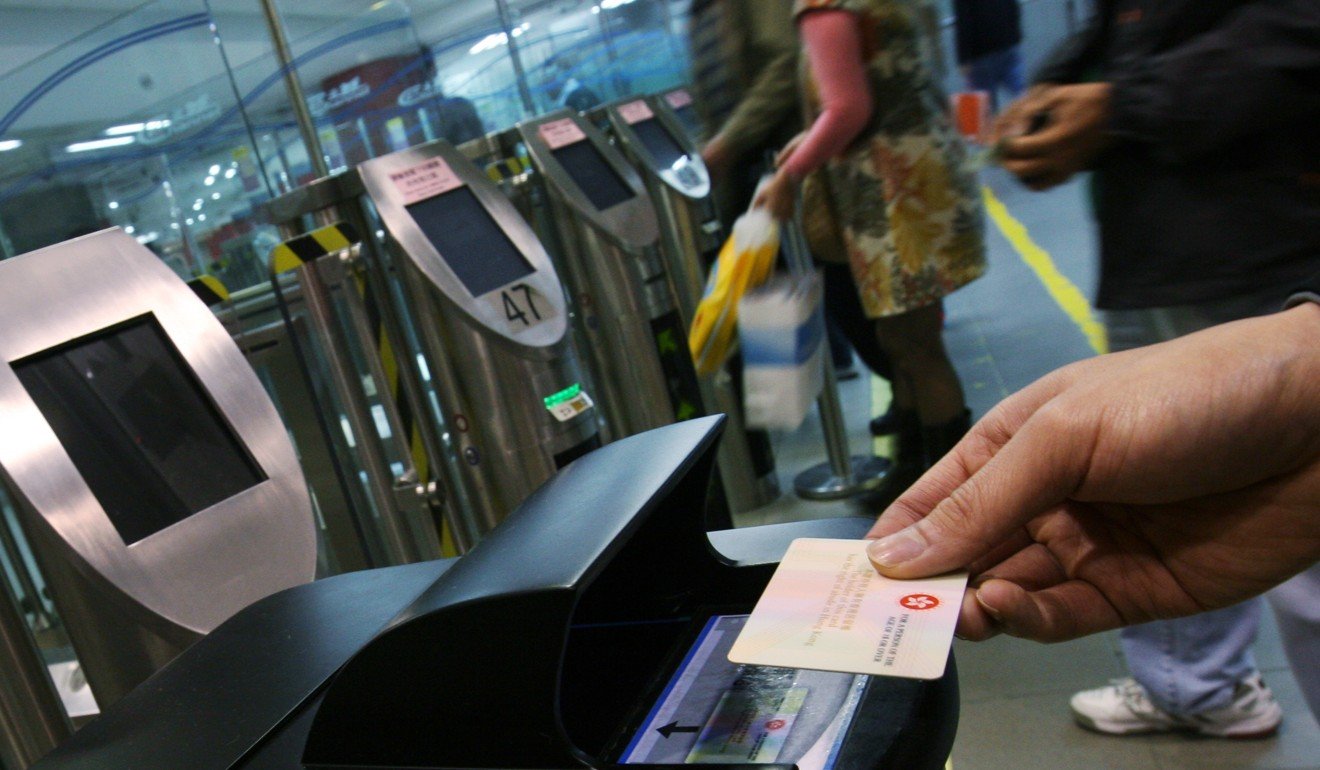
To remove technical barriers to accessing services in the mainland, issuing a national ID card may not be the only option, Shen said.
“The key is to make the systems in the mainland smart enough to read different IDs including the home-return permit, the mainland-travel permits for Taiwanese, and other permits issued to foreigners,” said Shen, suggesting that upgrading the code on home-return permits to 18 numbers is another option authorities could pursue.
However, Cheung warned that people from Hong Kong should be cautious in what they are willing to sacrifice for the sake of convenience with working and living on the mainland.
“Treating Hong Kong residents as nationals will strengthen national identity, but Hong Kong should not just think in terms of expedience, and forget about ’one country, two systems’ and a high degree of autonomy, as the co-location arrangement has shown.”
Promises to make life more convenient
Last month, Beijing promised to remove as many as 50 hurdles to give equal privileges to Hong Kong residents living in Chinese cities as their mainland counterparts.
The move was an attempt to bring into fruition President Xi Jinping’s promise to make life “more convenient” for Hongkongers studying, working and living in mainland China.
According to Hong Kong’s population by-census in 2016, there were 82,531 Hong Kong people working in mainland China. There were more than 27.7 million trips from Hong Kong to mainland in 2016 according to the China Tourism Academy.
Here is how the plan will affect Hong Kong people on the mainland:
● The Education Ministry said it will “create conditions” for pupils from Hong Kong and Macau to receive free education in provinces and cities including Guangdong, Fujian, Zhejiang, Shanghai and Beijing. Currently these students have to pay more for private schools because they do not have the household registrations required for public schools. What exactly those “conditions” are has not been clarified by the ministry.
● The Ministry of Human Resources and Social Security said it would accelerate a study that would find ways to abolish the work permit requirement for employees from Hong Kong and Macau, which functions similar to a work visa for foreigners in Hong Kong. It is unclear whether the current system will be removed completely, or be replaced by other filtering mechanisms.
● Travellers using home-return permits will get a break from long queues after updated scanning machines are to be installed by the end of June at 215 train stations at in five provinces and two major cities.
● The National Tourism Administration said hotels could not refuse guests from Hong Kong and Macau for “abnormal reasons”. However, it was unclear if hotels that are licensed to accept only mainland guests would be allowed to expand their intake of guests.

